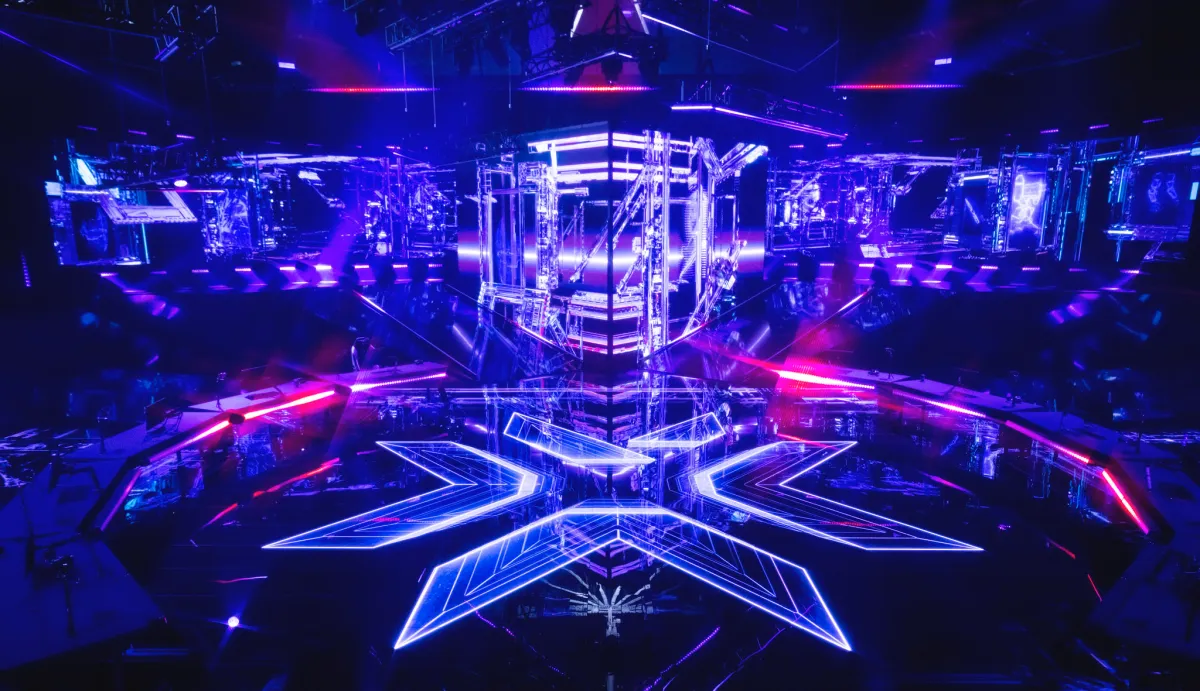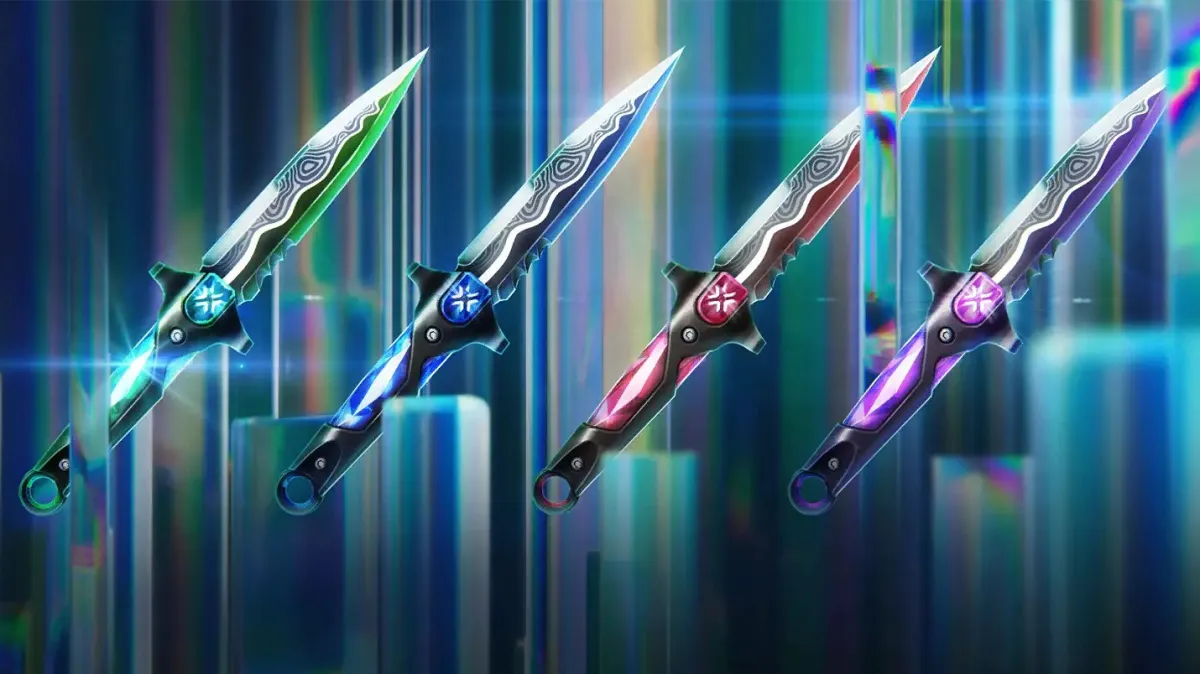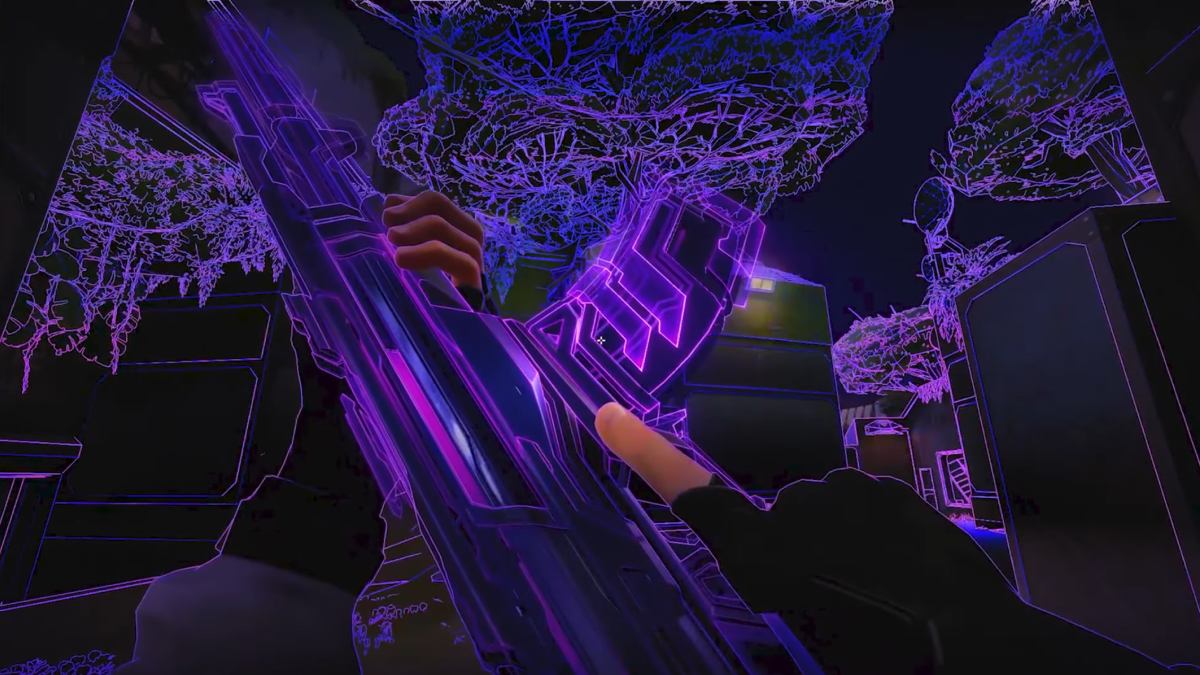The competitive VALORANT circuit is set to shake up next year with the introduction of a franchise-like system, implemented by developers and tournament organizers Riot Games.
Franchising in traditional sports refers to a circuit with a stipulated number of teams owned by organizations, companies, or investors. These teams compete against each other in a closed system where teams are selected to join or are invited.
In VALORANT, Riot has approached its system in a similar manner. The term “franchising” has not been used by Riot to describe the circuit next year. The company refers to a partnership system, where the organizations are legally partnered with Riot to allow them to compete in the league while providing their intellectual property to the developer.
The partnership will provide teams with a spot in one of three international leagues across the world. There will be 10 teams in the first year for each league, with 30 in total across the world. There’s an Americas league, an EMEA league, and an Asia league. Each league will comprise teams from different countries across the region.
Unlike some major sports franchises, teams will not have a stake in the league but instead have the opportunity to earn revenue through the sales of in-game cosmetics, with teams earning a revenue share from the items sold using their intellectual property.
Promotion and Demotion
The VALORANT franchise-like system does not feature a demotion system for partnered teams. They will remain in the league unless Riot removes the team if they break the guidelines provided by the developer.
Teams who are not partnered with Riot will be unable to directly join the league unless they qualify through the amateur circuit. The Challengers format will return, culminating with a new international circuit dubbed “Ascension,” which will feature the best Challenger teams from countries across the respective region.
Winners of the Ascension tournaments will earn qualification for next year’s international league. But these teams will be automatically removed after two years and sent back to Challengers.
Cost
There is no entrance fee for a slot in the partnership league next year. But teams will need to support their own teams financially and thereby support the league or risk losing their slot, a Riot spokesperson told Dot Esports.
Teams will not need to fork out millions to compete in the circuit. They will instead be judged for their financial record by Riot to determine whether they can sustain themselves during the duration of the league.
This is comparatively different from other traditional sports-like franchises in esports such as the Overwatch league. In 2018, developers Activision Blizzard priced a spot in its franchise for upwards of $30 million, according to ESPN.
Related: VALORANT partner leagues to begin in February 2023, teams to receive minimum stipend of $600,000
Instead, Riot is set to implement a stipend, which is a set amount of money that will be given to partnered teams for operating costs in the league. Teams will receive a minimum stipend of $600,000 and teams could be eligible for a further $400,000 if they achieve the deliverables set by Riot.
Travel
Teams selected to be partnered with Riot will be required to travel to either Los Angeles, United States for the Americas league, Seoul, South Korea, for the Asia league, and Berlin, Germany, for the EMEA league.
These teams will be given a stipend to partially cover travel and living costs.
Each league will feature a LAN system, contrary to the online play that has been the norm for competitive VALORANT since its introduction. Riot will attempt to host a crowd, with COVID-19 restrictions permitting.
The league is set to begin in February next year and will conclude in September 2023, as reported by Dot Esports, with Masters events and Champions events to be held throughout the year, while details of these events are yet to be revealed by Riot or told to partnered teams at the time of publication.
Update Sept. 14 8:34am: This article has been updated to add information regarding the fee of the partnership slots and clarify the wording of the EMEA international league.
Update Sept. 17. 15:37pm: This article has been updated to clarify the comment from a Riot spokesperson.






Published: Sep 14, 2022 08:21 am